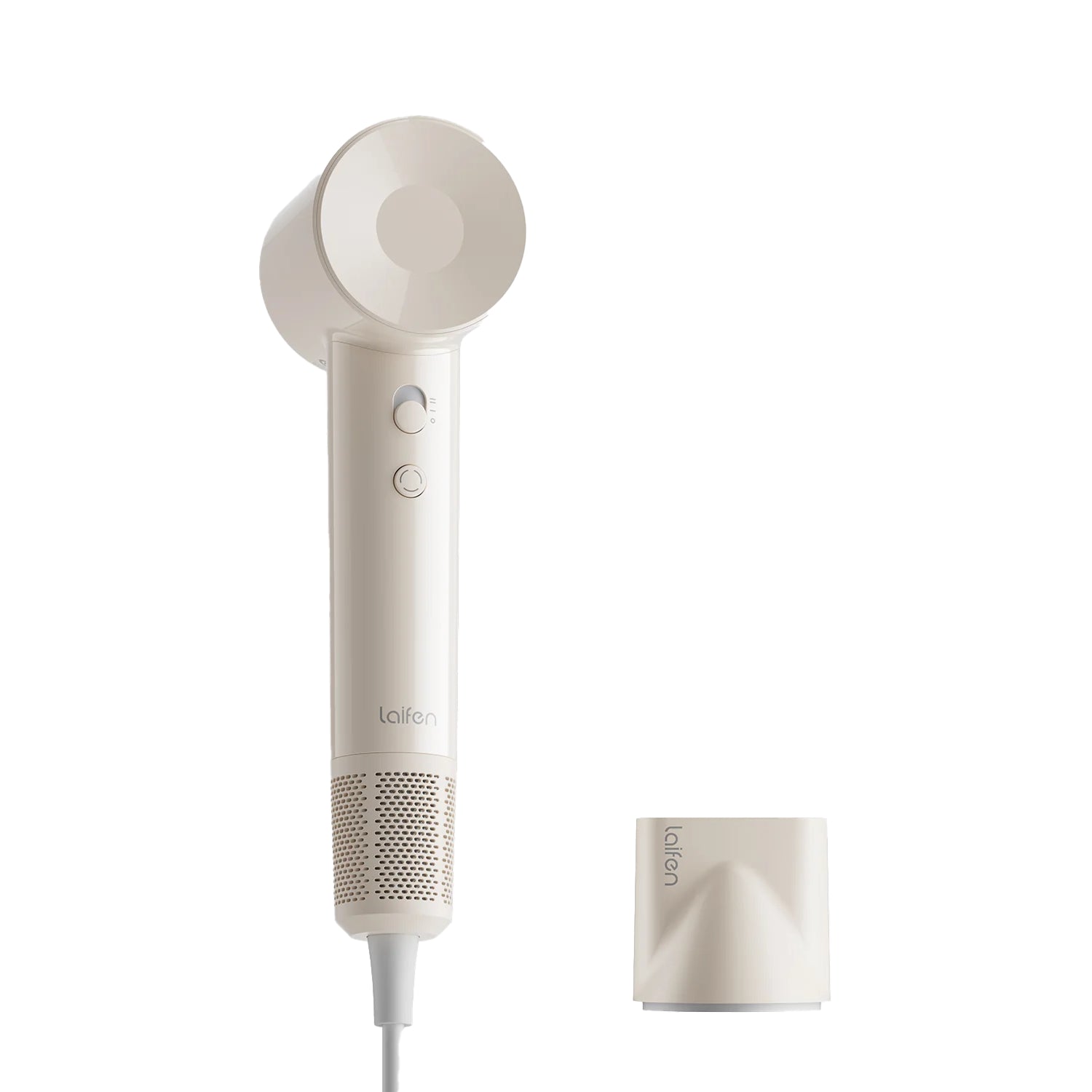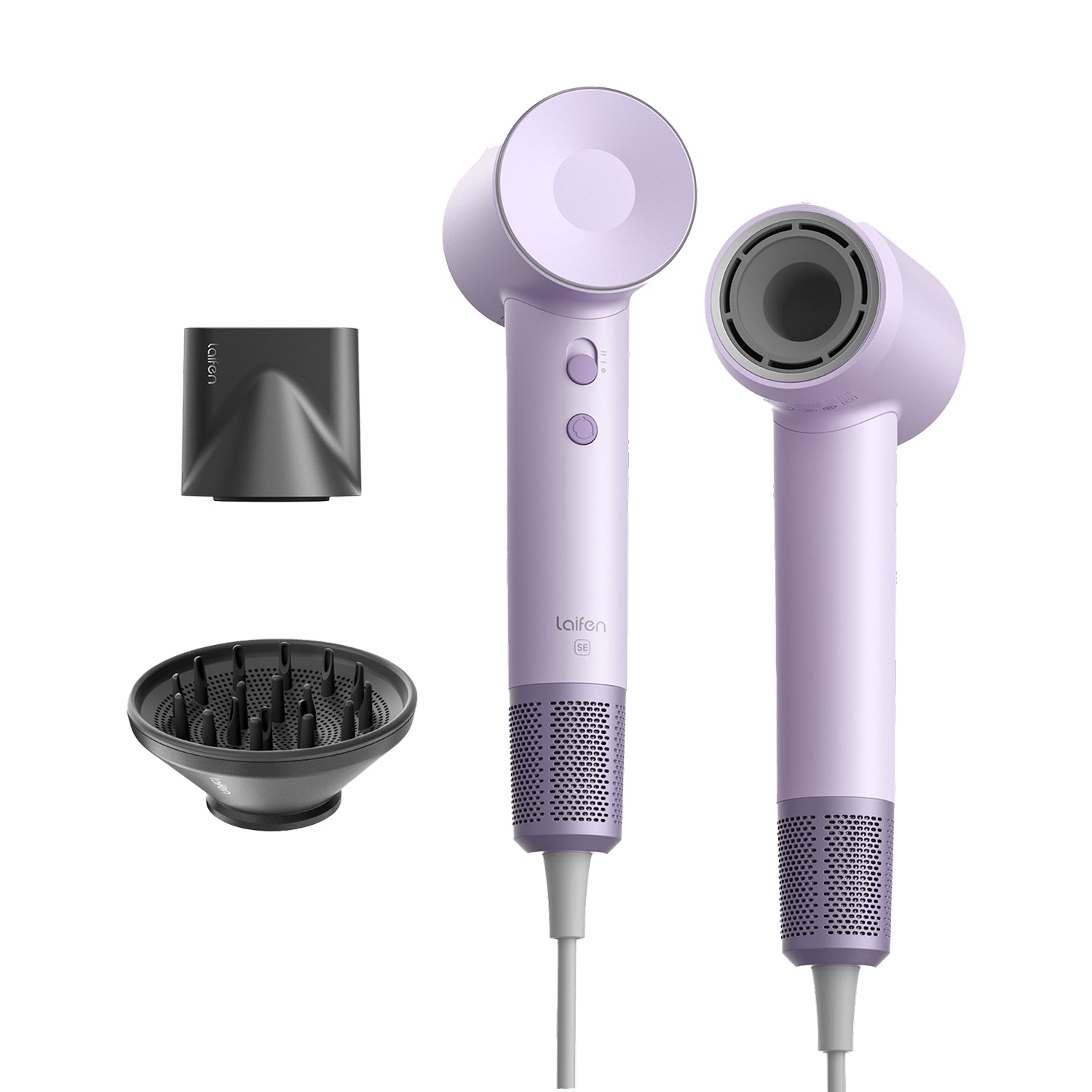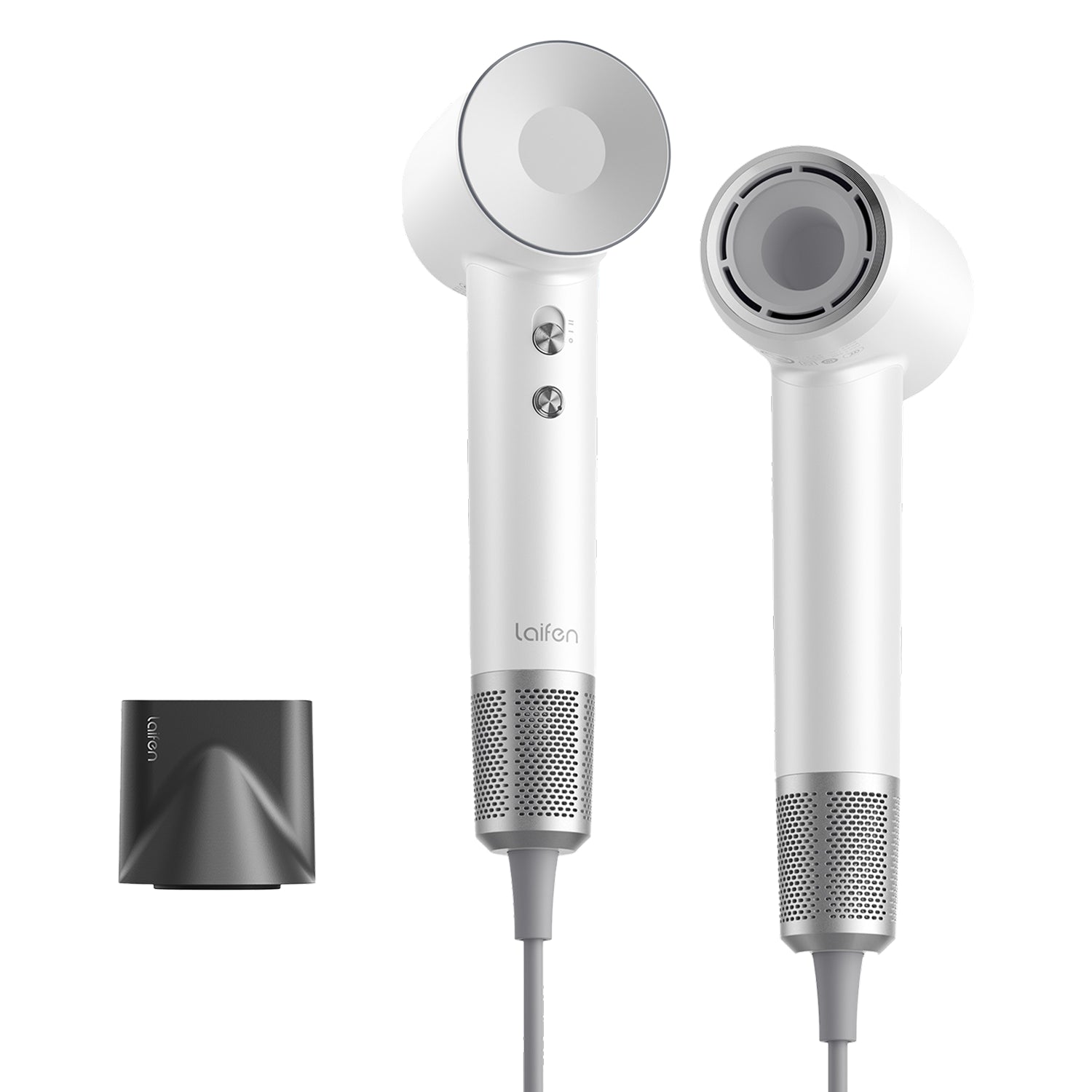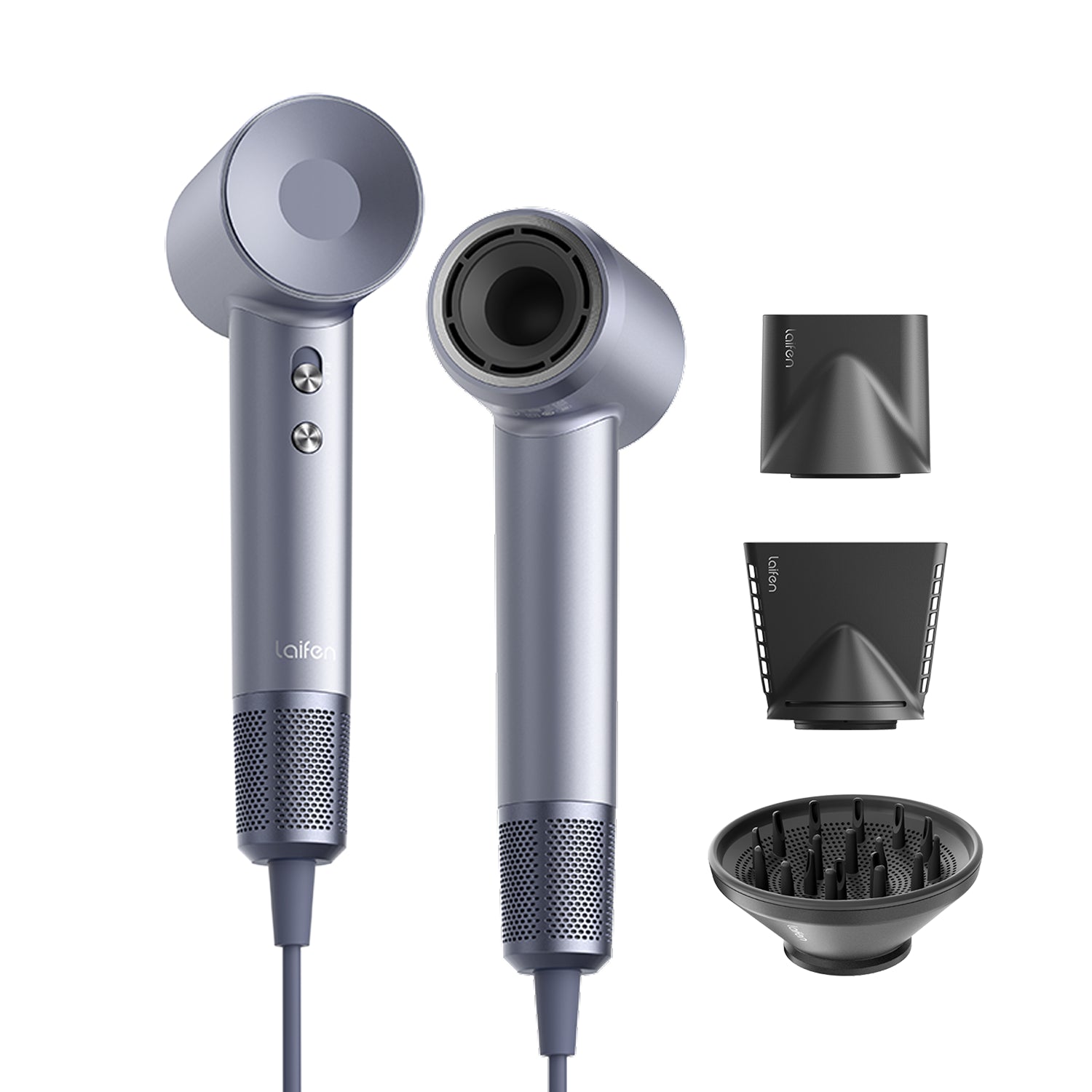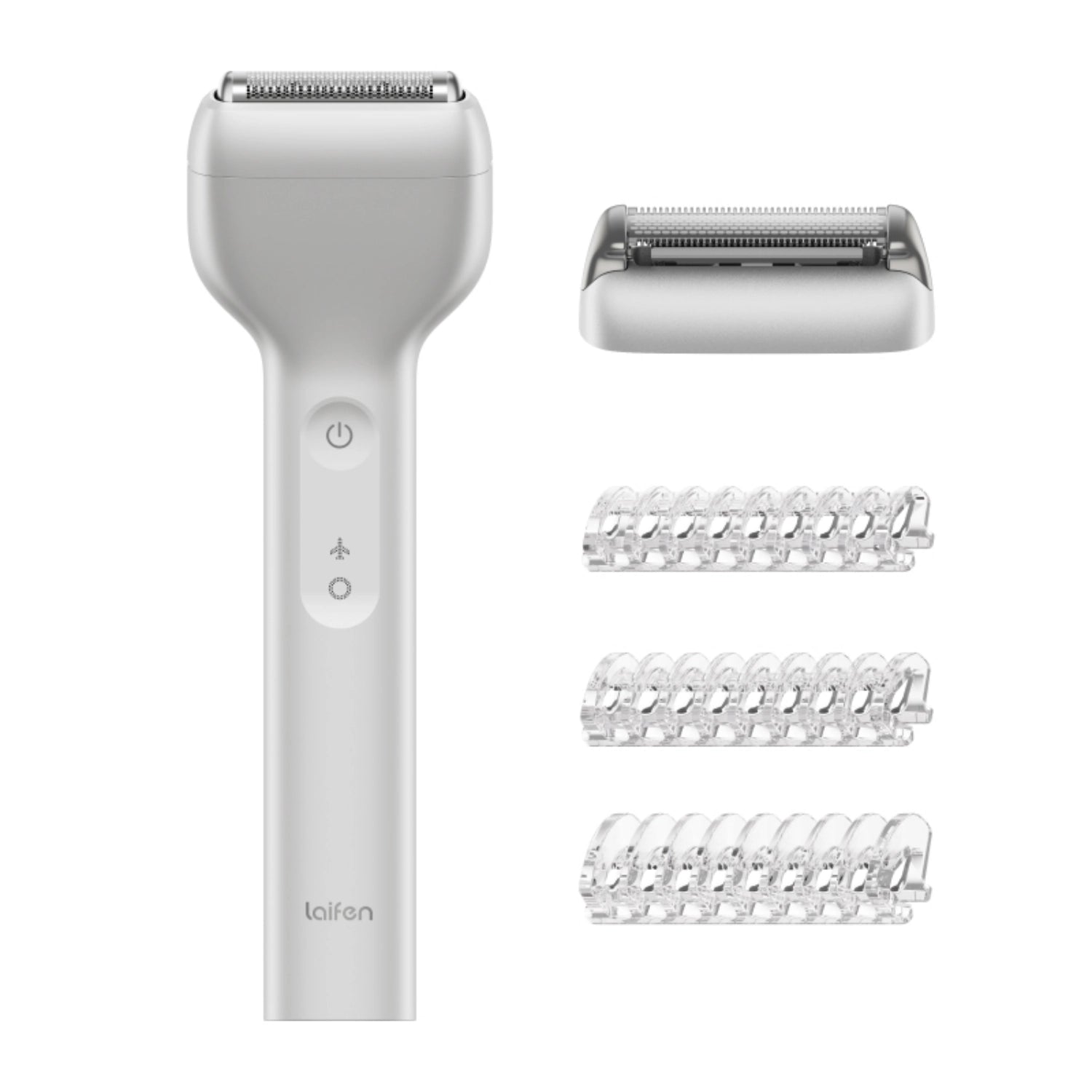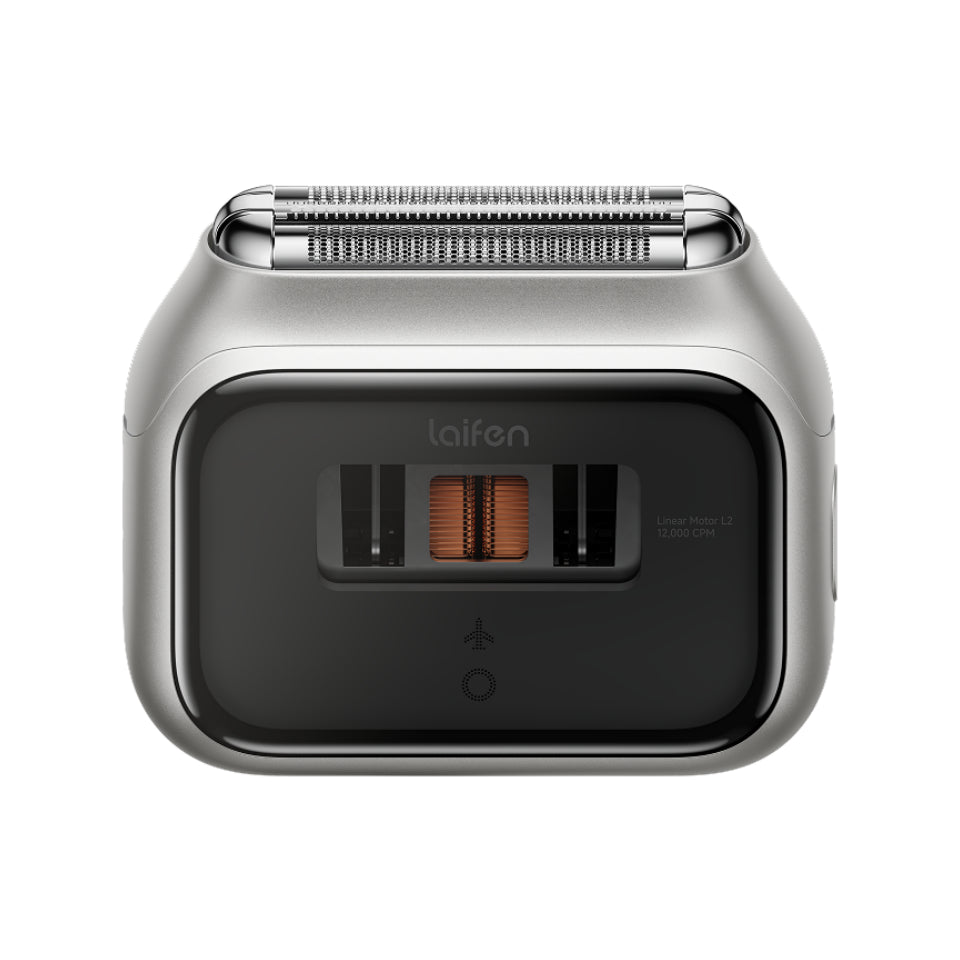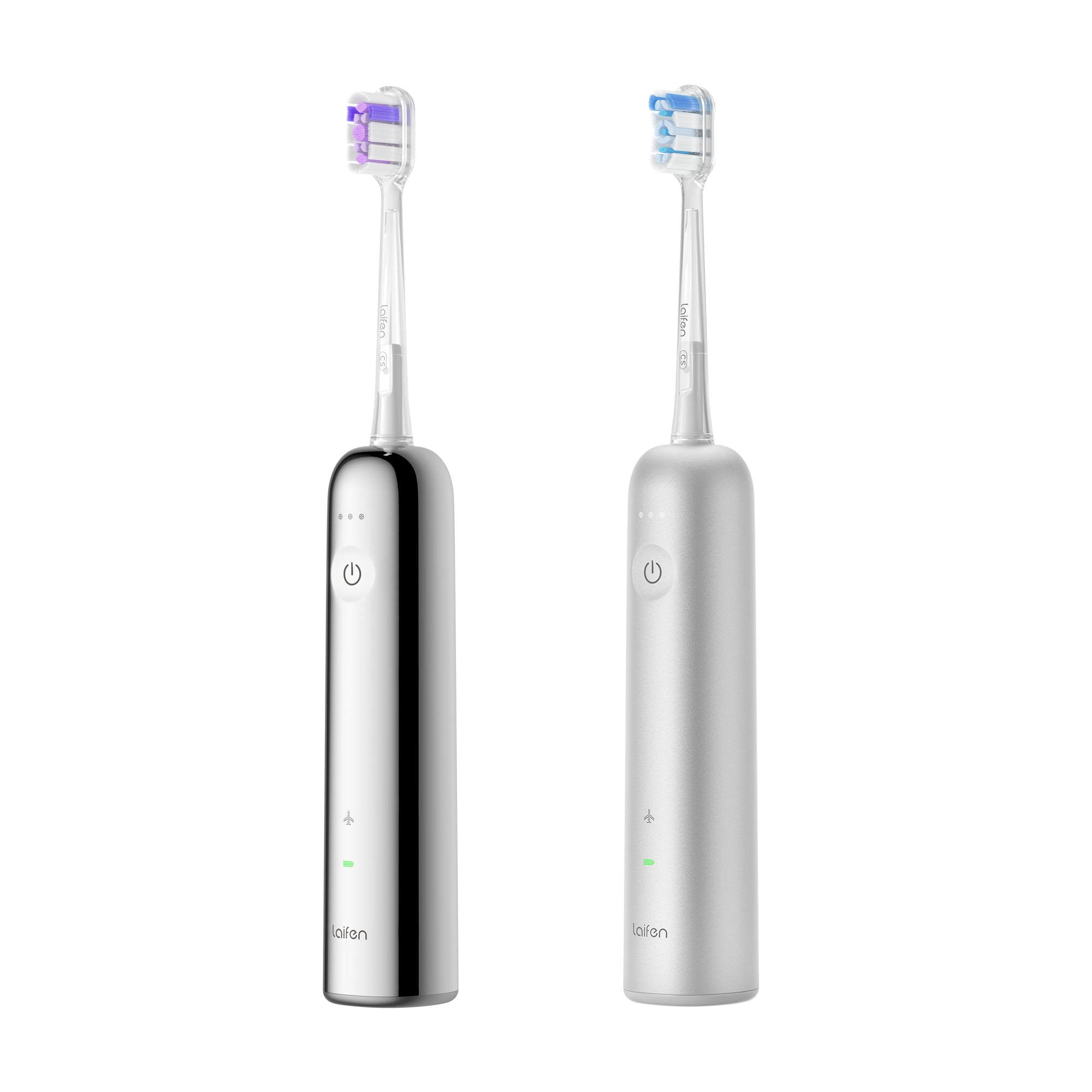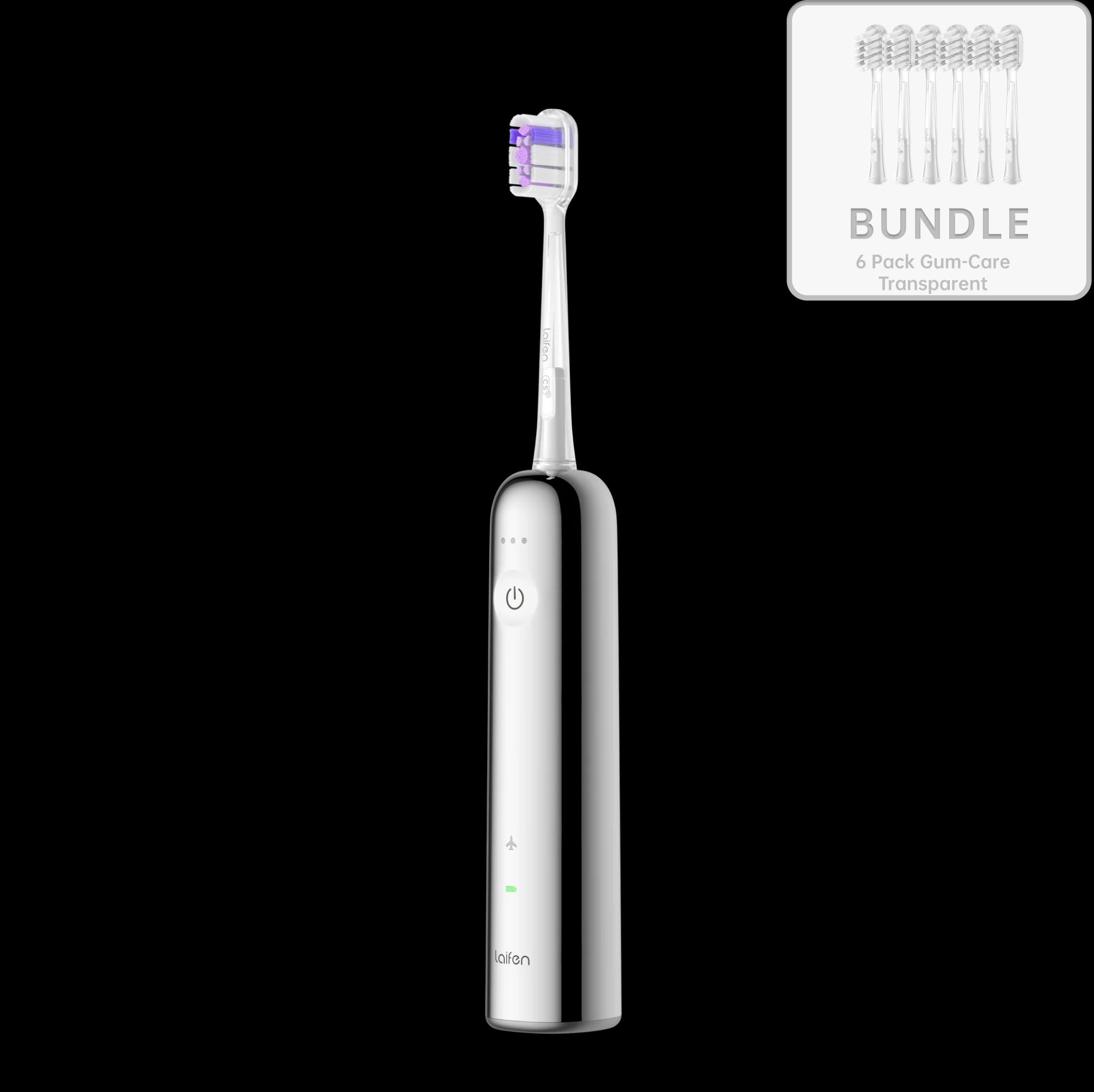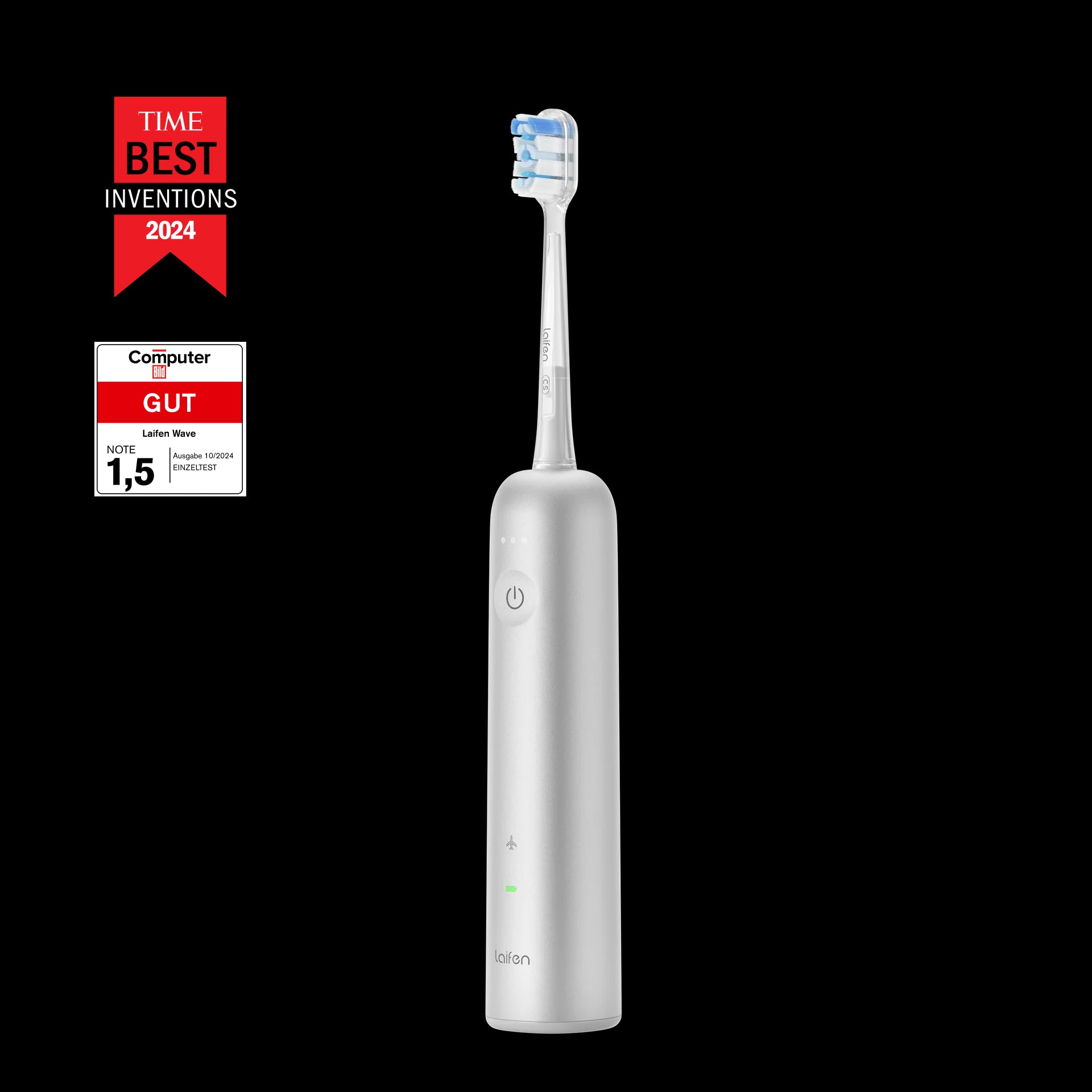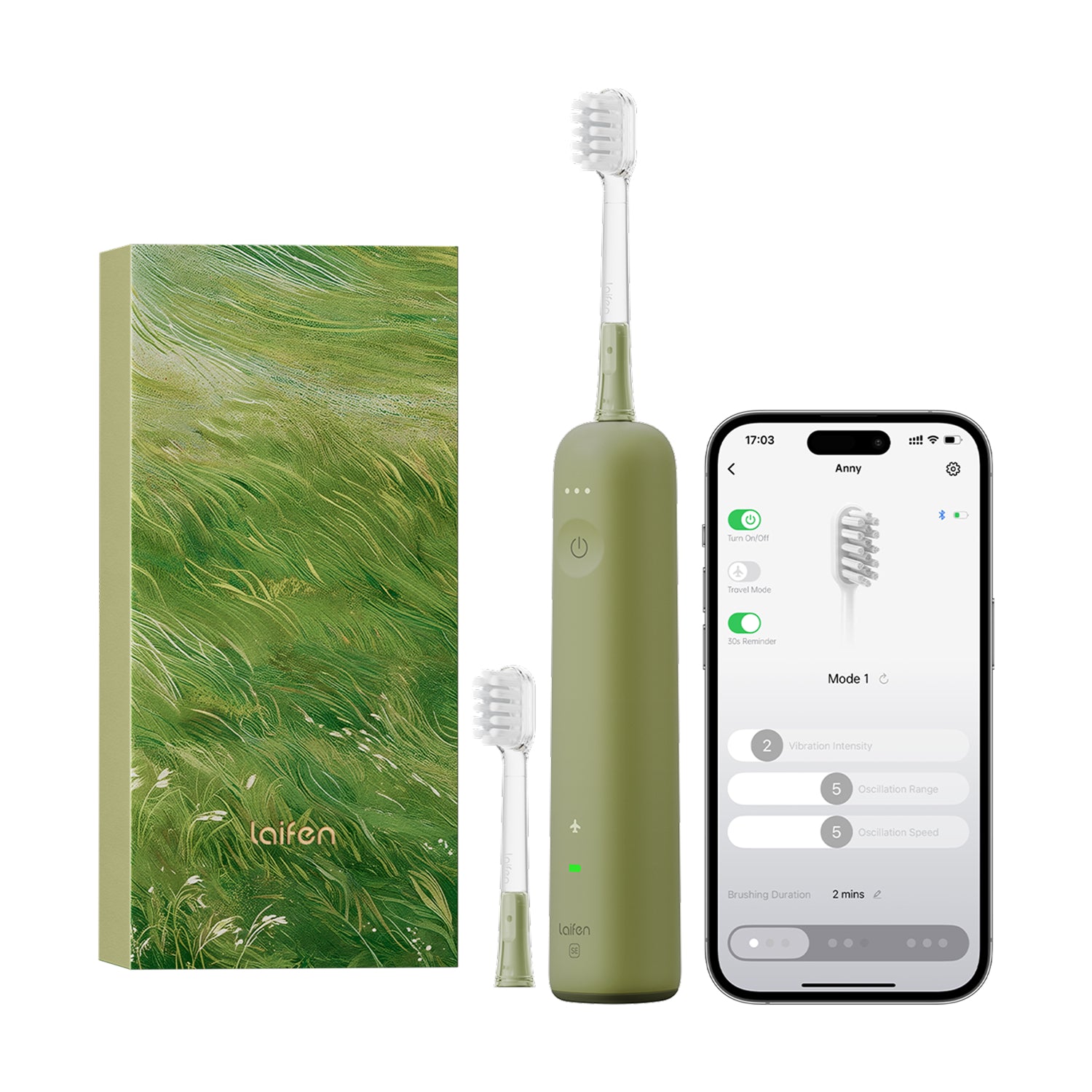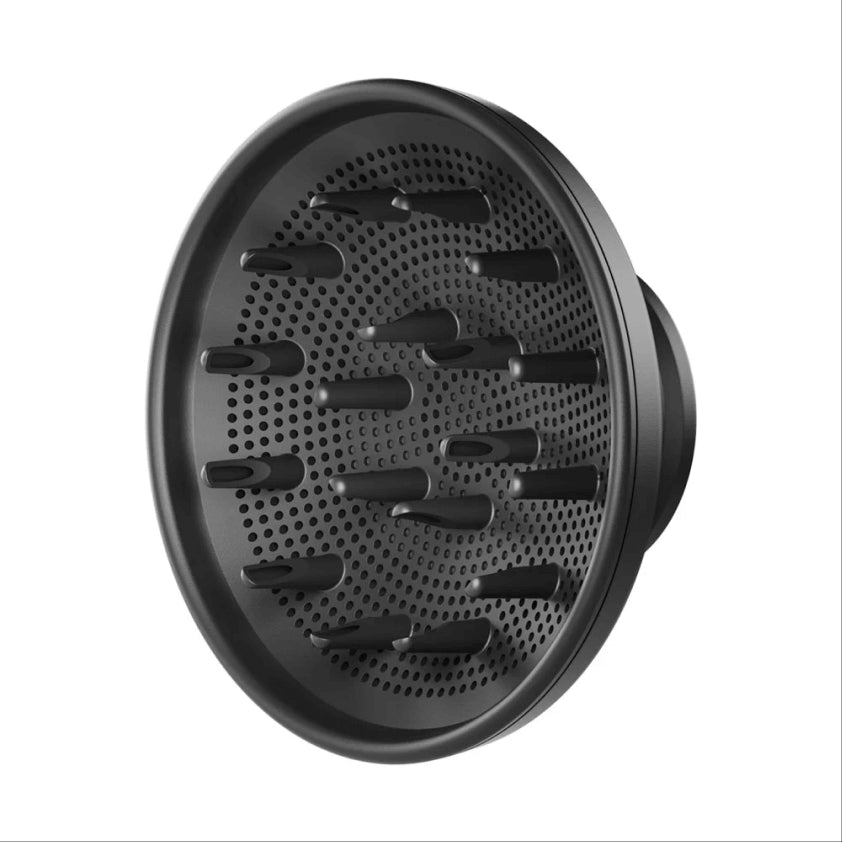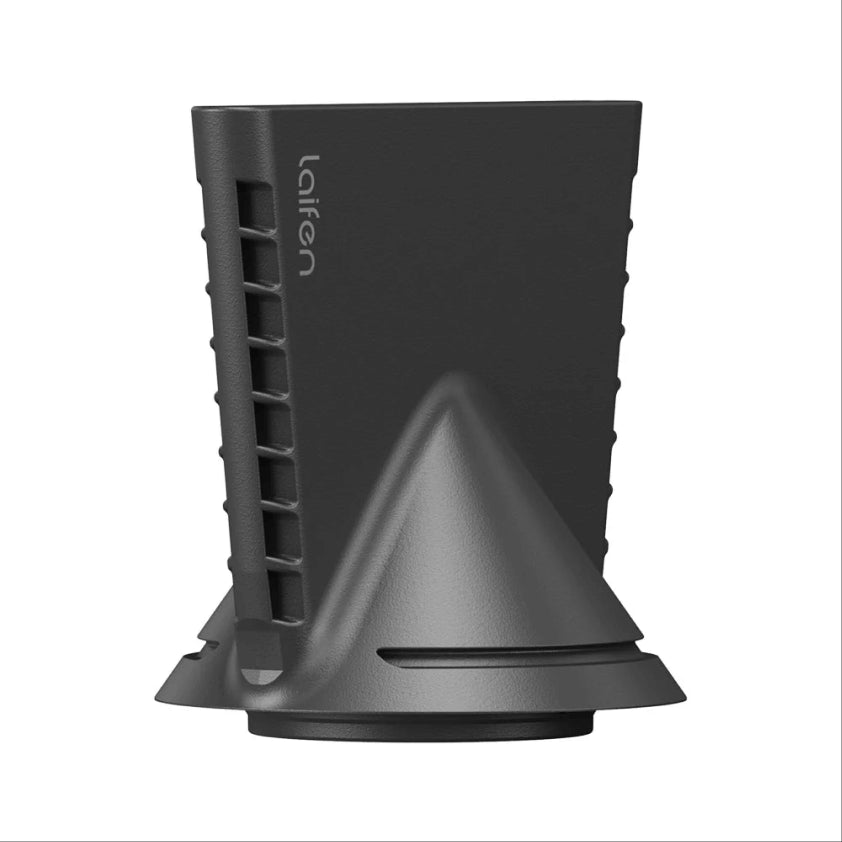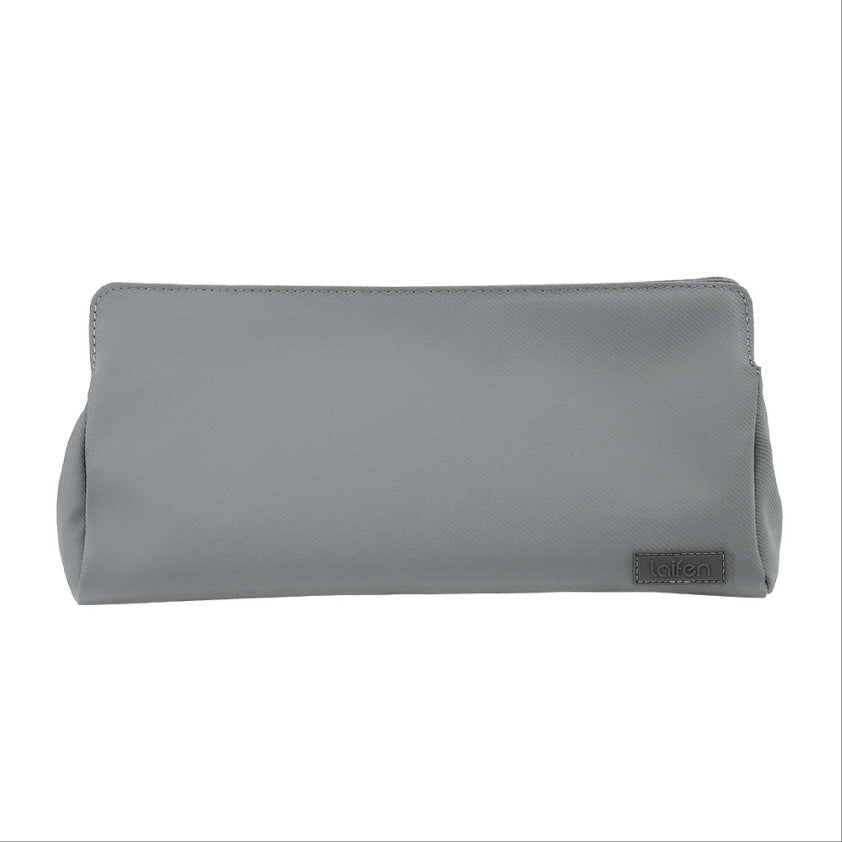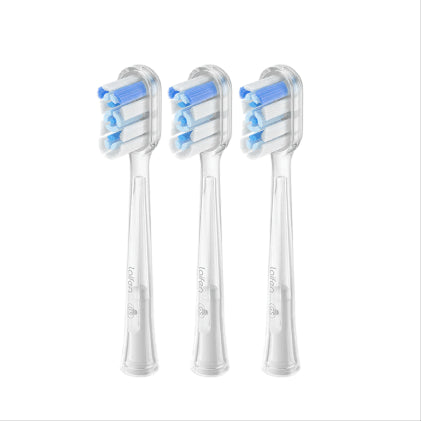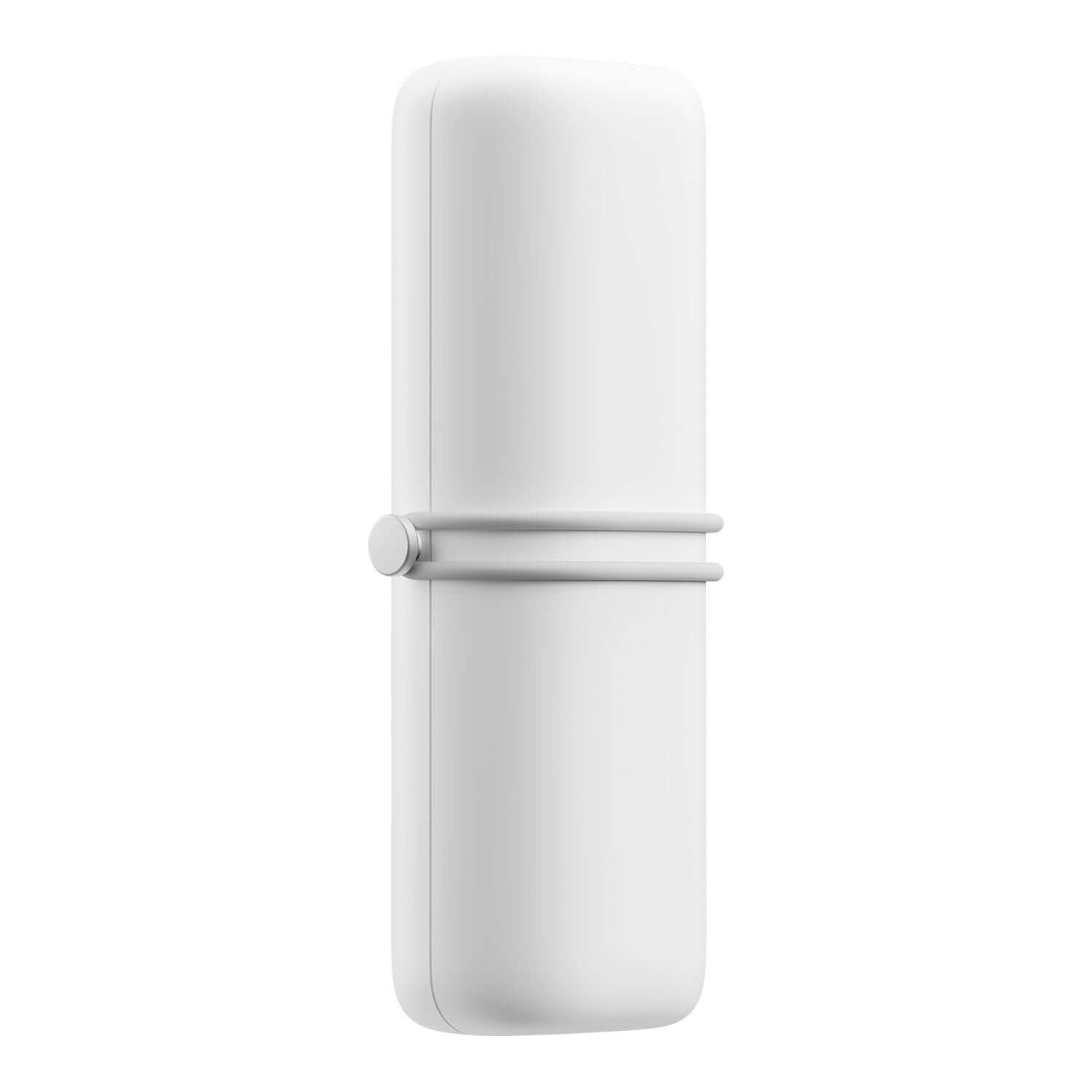
In this article
Good oral hygiene isn't just about flashing a megawatt smile; it's a cornerstone of overall health and well-being. Nowadays, more folks are cluing into this fact, and for good reason. The shift in perspective has been quite notable compared to yesteryears.
In the past, oral hygiene might have been seen as more of a cosmetic concern rather than a health necessity. People would brush and floss, but it wasn't always with the same fervor or understanding of its impact on their overall health. Dental visits were often more about fixing problems rather than preventing them.
But today, there's been a paradigm shift. With a wealth of information readily available, folks are becoming increasingly aware of the connection between oral health and systemic health.
It's not just about keeping your pearly whites sparkling; it's about warding off serious conditions like heart disease, diabetes, and even dementia. So, do you want to know what is it generally? Let's go!
What is good oral hygiene generally?
It entails brushing teeth twice daily for two minutes, daily flossing, and spending roughly $50 to $100 annually on toothpaste, toothbrushes, and dental floss.
These practices help prevent cavities, gum disease, and bad breath, promoting overall oral health.
Regular dental check-ups every six months, costing approximately $50 to $200 per visit without insurance, are also recommended to address any emerging issues.
Benefits of good oral hygiene
-
Good oral hygiene not only keeps your teeth sparkling white but also enhances your confidence, allowing you to flash a radiant smile that lights up any room.
-
With diligent oral care, you'll enjoy the invigorating sensation of fresh breath. So you'll ready to tackle any social or professional interaction with assurance and charm.
-
You're not just protecting your teeth and gums; you're also fortifying your overall well-being, and it reduces the risk of systemic diseases linked to poor oral hygiene, such as heart disease and diabetes.
-
It extends beyond just your teeth; it can add years to your life. With fewer dental issues and a healthier mouth, you'll be better positioned to savor life's pleasures well into your golden years.
7 best oral hygiene for your oral care
Now, let's get into the most important part where you can learn from 7 guides on this topic.
Top 1. Brushing technique
You can start this by using a soft-bristled electric toothbrush such as our Laifen Wave, and fluoride toothpaste to brush your teeth kindly in circular motions for at least two minutes. During the procedure, you need to pay attention to brushing all surfaces of your teeth, including the fronts, backs, and chewing surfaces.
Top 2. Flossing regularly
Flossing is crucial for removing plaque and food particles from between your teeth and along the gumline, where your toothbrush can't reach. You can aim to floss at least once a day, sliding the floss between each tooth in a C-shape motion.
Top 3. Tongue cleaning
Don't forget to clean your tongue as well. Use a tongue scraper or your toothbrush to brush your tongue's surface, removing bacteria and food debris that can contribute to bad breath. It will help you prevent bacteria growth in your oral. And a lot people agree that tongue cleaning every time you brush your teeth is necessary. But you need to choose a soft head brush to do this. And you can select from Laifen Wave's replacement heads, that very affordable yet top-rated.
Top 4. Rinse with mouthwash
Also don't forget to incorporate an antimicrobial mouthwash into your routine to help reduce plaque, fight bacteria, and freshen your breath. But you need to swish the mouthwash around your mouth for 30 seconds to one minute before spitting it out.
Top 5. Limit sugary and acidic foods
Just try to minimize your consumption of sugary and acidic foods and beverages, as they can contribute to tooth decay and enamel erosion. I advise you strongly opt for healthier alternatives like fruits, vegetables, and dairy products.
Top 6. Stay hydrated
Drink plenty of water throughout the day to keep your mouth hydrated and promote saliva production, which helps neutralize acids and wash away food particles and bacteria. What should be noted is that, you have to stay hydrated for oral hygiene good gradually not suddenly, otherwise your oral may be hurt.
Top 7. Regular dental check-ups
Schedule biannual dental check-ups and cleanings with your dentist to monitor your oral health, address any emerging issues, and receive professional cleanings to remove plaque and tartar buildup. You can decide short-term or long-term checkups based on your needs, and you can bring your family members as well. Just adopt such a habit.
What causes bad breath even with good oral hygiene?
Sometimes, even with good oral hygiene, bad breath can persist due to various reasons:
-
Dry mouth (Xerostomia): Saliva plays a crucial role in washing away food particles and bacteria in the mouth. A dry mouth reduces saliva production and results in bacterial overgrowth and unpleasant odors.
-
Certain foods/beverages: Strong-smelling foods like garlic, onions, and spices can linger in the mouth even after brushing. Similarly, beverages like coffee and alcohol can cause bad breath.
-
Medical conditions: Conditions such as sinus infections, respiratory infections, acid reflux, and diabetes can cause bad breath by releasing volatile compounds into the breath or affecting saliva production.
-
Tobacco use: Smoking and tobacco use can leave a lingering odor in the mouth and contribute to gum disease, which can also cause bad breath.
-
Poor digestive health: Digestive issues such as constipation, indigestion, and gastrointestinal disorders can lead to bad breath due to the release of gases and odors from the stomach.
Why is good dental hygiene especially important for older adults?
Good dental hygiene holds particular significance for us older adults owing to a multitude of factors. With advancing age comes an increased vulnerability to dental ailments such as cavities, gum disease, and tooth loss.
This susceptibility is often exacerbated by conditions like dry mouth, the use of medications, and the presence of chronic illnesses. Consequently, maintaining good oral care practices becomes paramount to mitigate these risks and preserve dental health.
As you know, the ramifications of poor oral hygiene extend beyond the mouth. Research indicates a correlation between oral health and systemic conditions prevalent among older adults, including heart disease, diabetes, and pneumonia. By prioritizing dental hygiene, they are supposed to potentially reduce the risk of developing such serious health issues, thereby safeguarding overall well-being.
Dental issues such as tooth pain, discomfort, and social embarrassment can significantly diminish one's well-being and confidence. By caring for their oral health, they can alleviate these challenges, promoting greater comfort and a sense of self-assurance in their daily lives.
Last words
If you have insights to share, don't be shy; feel free to do so below. I must mention that some of the advice is quite common to us. What we need to do is change or improve the tooth brushing procedure slightly, such as including tongue brushing. Spending more time to brushing, using a water flosser, or other methods could be beneficial. Agreed? It all appears straightforward.

